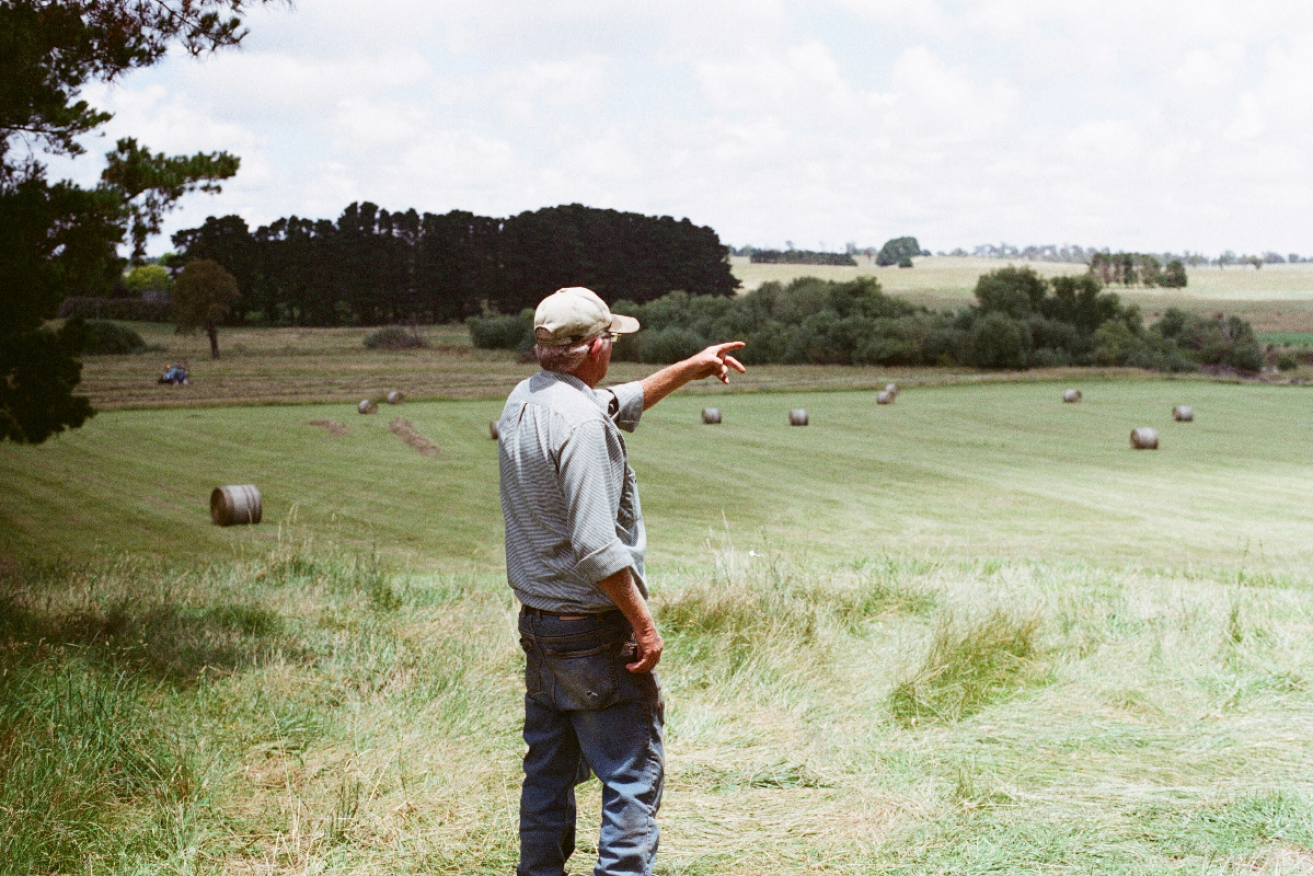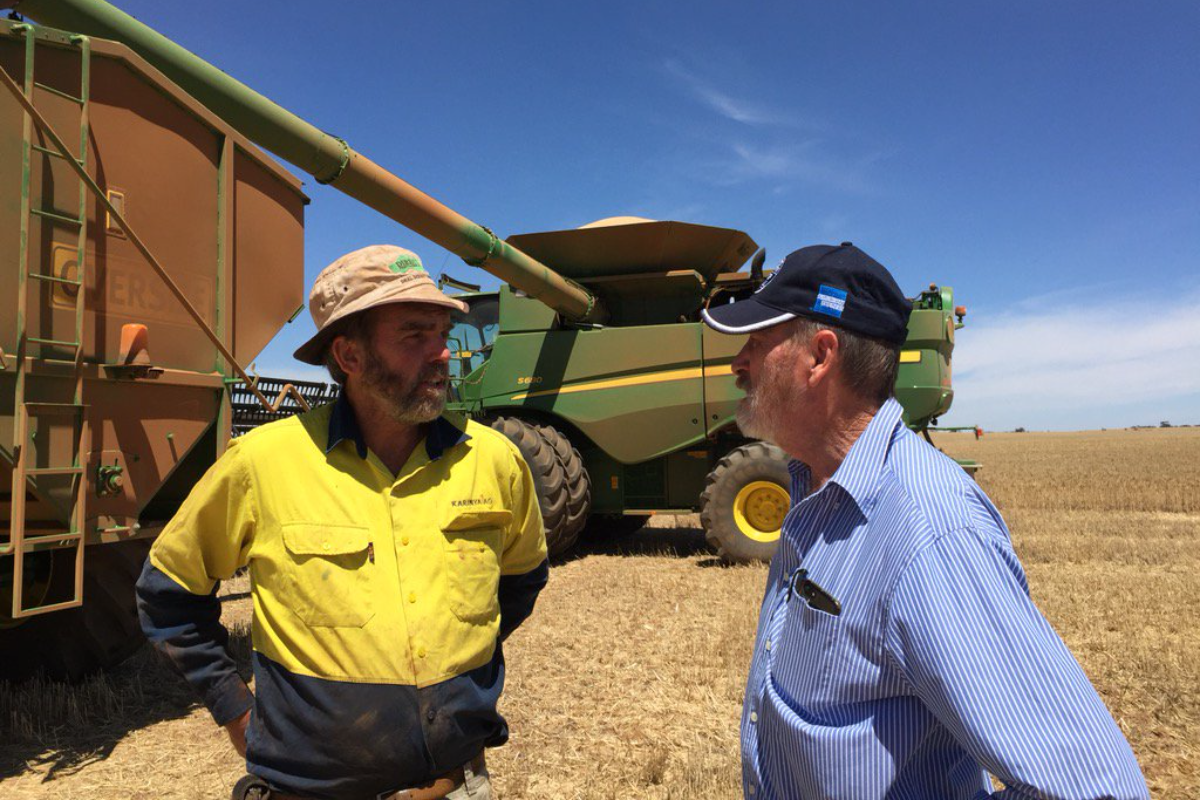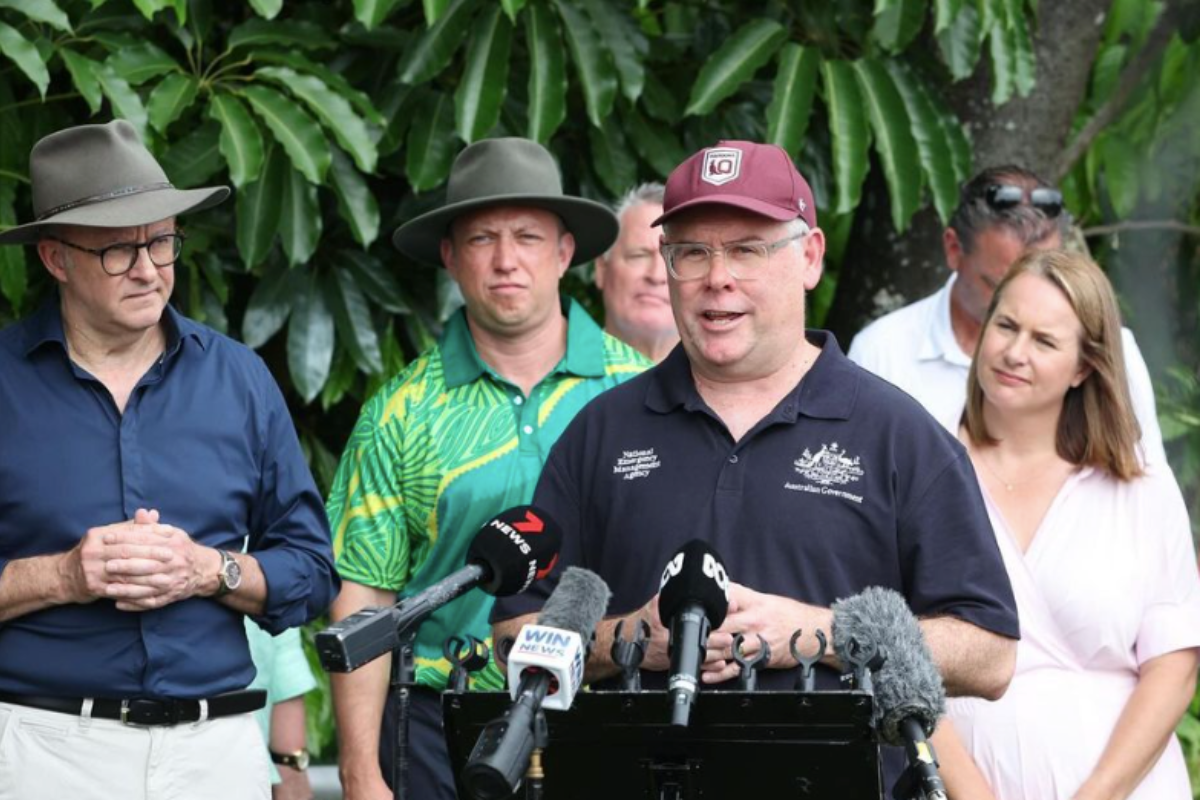SA MPs slam biosecurity levy as a ‘tax on farmers’
A bill which will hit farmers with a levy to cover biosecurity costs has passed federal parliament amid heavy criticism from South Australian MPs.


A bill to impose a biosecurity levy has been passed in Parliament. Photo: Unsplash
The Biosecurity Levy Bill aims to share the cost of funding the billion-dollar Sustainable Biosecurity Funding model between taxpayers, importers, international travellers and producers.
Under the new levy, the biosecurity system will be 44 per cent funded by ongoing taxpayer funding, 48 per cent by importers, 6 per cent by producers, and 2 per cent by Australia Post.
The levy will apply to domestic agricultural, fisheries and forestry producers, and is intended to collect around $50 million annually.
Importers will contribute $390 million and taxpayers $350 million.
Member for the SA federal seat of Grey Rowan Ramsey called the levy an “attack on the ag sector”.
“It’s actually penalising the potential victim of a crime. Farmers are the victims of biosecurity breaches, they aren’t the perpetrators,” he said.
Ramsey said the levy had been “roundly opposed by farmers, producers, industry groups and stakeholders, including the National Farmers Federation”.
“A tax on farmers eventually becomes a tax on fresh food. The cost, we presume… will be passed on to the consumer,” he said.

Grey MP Ramsey has called the biosecurity levy “an attack on the ag sector”. Photo: Rowan Ramsey / X
Agriculture Minister Murray Watt said the government was asking farmers to make “a modest contribution” alongside the increases imposed on importers.
“We believe it’s fair and reasonable to ask farmers to make a modest contribution to the biosecurity protections that underpin their livelihoods,” he said.
“Strong biosecurity protections are crucial to the success of Australian farmers. If foreign pests or diseases are allowed to run rampant in Australia, farmers’ livelihoods would be destroyed and supermarket shelves emptied.”
Watt gave the example of the levy equating to one cent for every ten kilograms of bananas produced by a farmer.
Ramsey said that while he agreed biosecurity needed to be improved, he felt importers should bear the cost.
“If you import a foodstuff… the importer is absolutely responsible for the contents of the jar. Why then would they not be responsible for the container in which the jar is packed at the point of dispatch?” he said.
“It seems that the farmers here in Australia are responsible for those containers. It is just an absurd correlation and does not make any sense.”

Federal minister for Agriculture Murray Watt said the levy would mean farmers make a “modest contribution” to maintaining Australia’s biosecurity. Photo: Murray Watt / Instagram
Mayo MP Rebekha Sharkie said she supported an improved biosecurity framework but also felt the levy was “unfair”.
“It is nonsensical that the Government would impose a levy on those who are put at risk by imports and not impose a levy on those creating the risk,” she said.
“This is nothing more than a tax on farmers… it’s unfair, it’s unjust, and will add to the cost of production and ultimately the cost of living.”
The government undertook community consultation, which found “widespread support for a sustainably funded and strengthened biosecurity system”.
However, the support for strengthened biosecurity “did not translate into support” of the levy.
The Australian Fresh Producers Alliance welcomed an increased contribution to the biosecurity system, but did not support the levy.
The National Farmers Federation said while it supported appropriate resourcing of the biosecurity system, it opposed the levy “principally due to concerns over the specific constructs of the policy”.
The levy will be introduced from July 1.
A portion of money paid under the levy will go towards biosecurity operations, policy and technical functions, and improvements to the system through a digital system that improves the effectiveness and efficiency of biosecurity clearance in cargo pathways.




